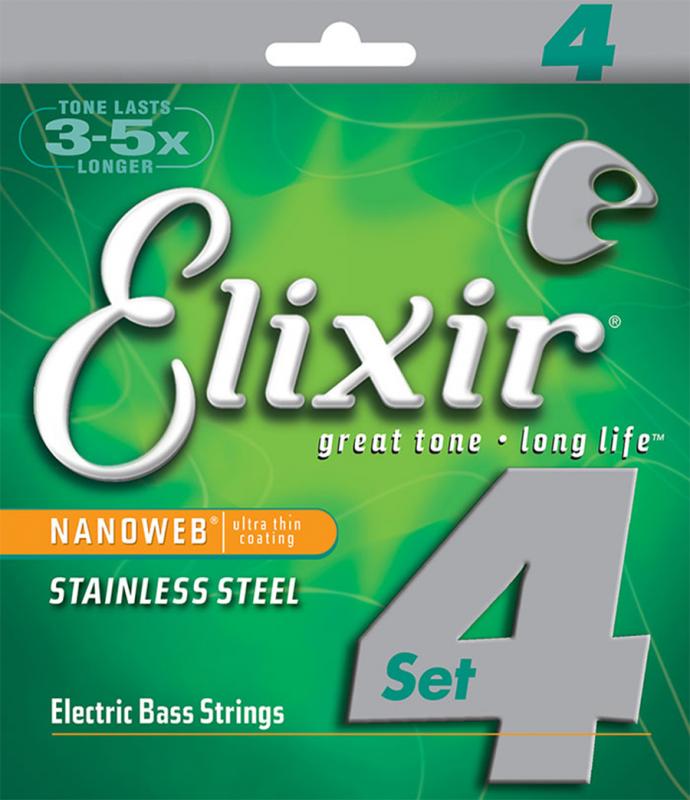Way back when Lucky Craft was first getting into the North American market, the Moonsault CB series were the first crankbaits introduced here by Lucky Craft. Never stop giving it the zigzag action with the rod tip even when a bass is cartwheeling all over it. As I say, they often miss it. If you keep zigzagging, they will belt you two, three, four times until you finally feel solid weight on the rod tip…and the bass is on!
Another tactic I like with the LV-300, when bass are suspended or simply schooling over structure (points, channels, ledges, etc.), I’ll tend to position the boat over a high spot or over the shallowest spot, and cast toward deeper, open water. These man-made reefs and barriers make a safe harbor within the marinas, and they are also bass magnets at times.
They simply do not hear it. The Bass is therefore often overlooked as a critical component of modern music. We also supply bass guitar amps, strings, straps and all the other accessories you’ll need along the way. Many bass players at Sweetwater use this trick to help give their tone a bit more presence without adding unwanted brightness.
We use a bass clef for low notes (the symbol that looks like an ear and slightly resembles an F above). You’ll also find some 4-string bass guitars that are equipped with a piezo pickup, similar to the type used in acoustic-electric instruments. When you see a 12 lb bass sky rocket towards the surface of the water with a mouth the size of a dinner plate….it is an indescribable sight!
There was an article in this month’s Vintage Guitar Magazine about Roy Orbison. The bass has played a key role in holding down the rhythm throughout the history of popular music, and continues to make an impact to this day. These were both single cutaway, hollow body bass guitars, with short scale necks of only 29 inches.